Petrochemicals Enzymes Graphene News 25-05-2020 - Arhive
Petrochemicals Enzymes Graphene News
Petrochemical Polymers Chemical Polyamide
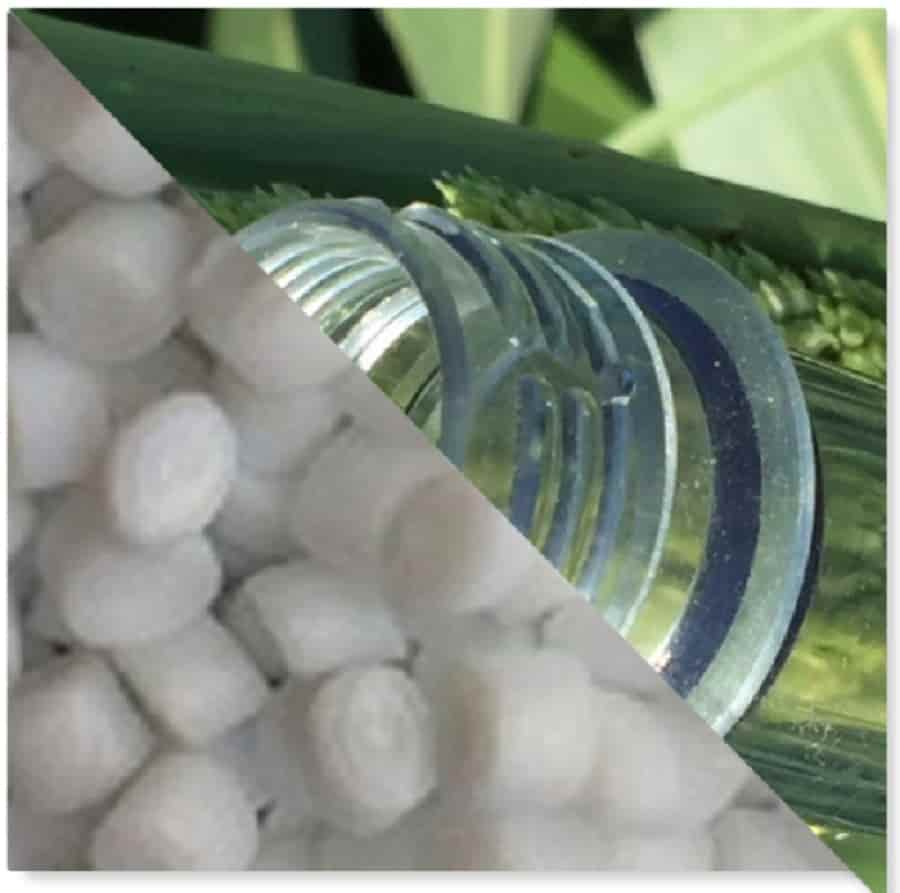
Crude Oil Prices Trend

-2020 Auto Sales Forecast to Drop 22%, with Risk for Further Deterioration
Global light vehicle sales are forecast to be 69.6 million units this year in the wake of the COVID-19 pandemic, according to market watcher IHS Markit, which is also forecasting a similar decline in global light vehicle production, to 69.3 million units. The world manufactured around 87.4 million light vehicles in 2019, according to the International Organization of Motor Vehicle Manufacturers, 20.7% higher than IHS Markit’s 2020 forecast.
IHS Markit says its current forecast could still yet have some downside. The implications for plastic compounds employed in automobiles are indeed severe, according to Dr. Liang Tao, Global Business Development Director at polyolefin market research firm Townsend Solutions. Based on modeling by Tao, around 900,000 tonnes of polypropylene (PP) consumption will be lost this year due to reduced vehicle production.

-China demand insufficient to sustain Asia petrochemical market gains
China has buoyed petrochemical markets in Asia in recent weeks aided by rising upstream crude prices. But sustaining gains remains a big question mark as the coronavirus pandemic has triggered an unprecedented collapse in demand that could last beyond this year. Petrochemicals Enzymes Graphene News
The global demand shock and supply disruption that ensued as countries isolated themselves to contain the deadly virus may prove too enormous for a quick fix, given that recovery of the world’s second-largest economy in the second half is uncertain at best since external demand is beat.
China decided, at the start of its delayed annual parliamentary session on Friday, for the the first time in 30 years not to set a GDP growth target for the current year.
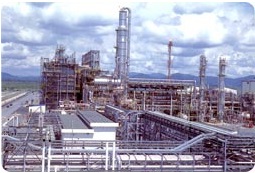
-Graphene-Reinforced Carbon Fiber May Lead to Affordable, Stronger Composites
A new way of creating carbon fibers — which are typically expensive to make — could one day lead to using these lightweight, high-strength materials to improve safety and reduce the cost of producing cars, according to a team of researchers led by Penn State University. Using a mix of computer simulations and laboratory experiments, the team found that adding small amounts of the graphene to the production process both reduces the production cost and strengthens the fibers. Petrochemicals Enzymes Graphene News
For decades, carbon fibers have been a mainstay of airplane production. If created in the right way, these long strands of carbon-based atoms, narrower than human hair, are lightweight, stiff and strong — a perfect application for keeping passengers safe in a vehicle soaring miles above the ground.
“Even though carbon fibers have really nice features, they would make a car far more expensive” with the way carbon fibers are manufactured now, said Adri van Duin, a professor of mechanical and chemical engineering at Penn State. “If you can get these properties easier to manufacture then you can make cars significantly lighter, lower the cost of them and make them safer.”
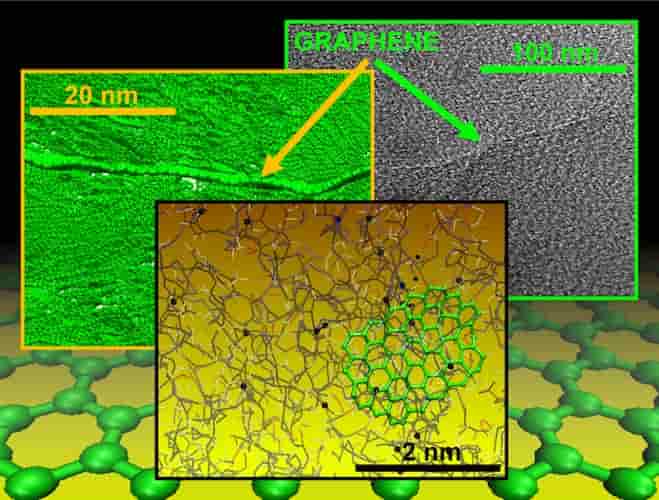
-Global PE run rates lower until 2021 as demand weakens, capacity increases
Polyethylene (PE) production globally is expected to run at reduced rates or the rest of 2020 as growing capacities will meet slowing demand for most end sectors, according to ICIS analysis.
In the first phase of the pandemic health emergency, while lockdowns and logistical issues kept PE supply limited in some cases, demand performed extraordinarily well for some specific applications, mainly packaging uses.
Entering into the second phase, ICIS expects that the softening of demand and the gradual return to higher global PE availability will restore the oversupply situation that was already apparent before the crisis. Petrochemicals Enzymes Graphene News
Concerning the different PE polymers, demand for food packaging, medical uses and consumer non-durable applications is still favouring mainly low density polyethylene (LDPE) and linear low density polyethylene (LLDPE) markets.
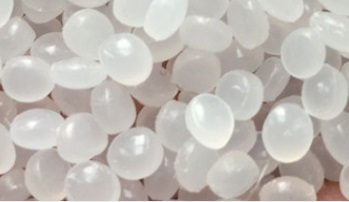
-PET resin maker Octal nears million tonne milestone
Clear rigid packaging manufacturer Octal is edging towards producing 1 million tonnes annually after increasing its customer base by 500 in the past three years.
The company, which operates plants in Salalah, Oman, and Ohio, USA, said it was enjoying “impressive success” in its PET resin business and was now a supplier to most international brands.
In addition to PET resin, it produces direct-to-sheet PET (dPET), aPET and rPET sheet, and PET packages.
With its headquarters close to the Port of Salalah, Octal said it was committed to creating long-term value for Oman that extended beyond diversification – positioning the Sultanate as a hub for the global PET industry.
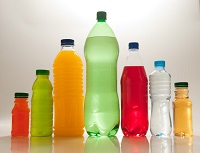
With demand for recycled plastics content—especially post-consumer—growing faster than the supply, plastics processors are feeling the squeeze. That’s true for even the largest users of post-consumer recycle (PCR), even one that has its own bale-to-pellet recycling capability. The company in question is Graham Packaging Co. (grahampackaging.com), a producer of more than 16 billion rigid containers per year from HDPE, PP and PET. Based in Lancaster, Pa., GPC has over 60 facilities employing almost 5000 people in 16 nations in North and South America, Asia and Europe. Petrochemicals Enzymes Graphene News
According to Graham’s 2018 Sustainability Report (short.ptonline.com/SustainRpt), the company used 65 million lb of PCR HDPE (rHDPE) that year, of which 42 million lb, roughly the equivalent of 300 million plastic containers (mostly milk jugs), was processed from raw bales by the Graham Recycling Center in York, Pa. The rest came from a network of 10 other recyclers coast to coast.
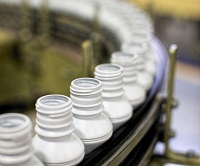
Ineos Olefins & Polymers USA is donating enough PP to Herman Miller which has repurposed resources to injection mold headbands for 20,000 medical face shields to combat COVID-19.
Yet another PP resin supplier that has teamed up with an OEM willing to re-purpose some of their resources to help in the fight against COVID-19 is Houston-based Ineos Olefins & Polymers. The company is donating enough PP resin to office furniture leader Herman Miller, Zeeland, Mich., for the production of injection molded headbands for 20,000 medical face shields. This, in response to the continuing needs of medical services, nursing homes, and other healthcare facilities. Petrochemicals Enzymes Graphene News
The face shields have been designed by a Herman Miller product development senior engineer, and distributed by Herman Miller and Herman Miller Cares—the company’s private foundation and corporate giving program. Widely recognized for its inventive designs, Herman Miller has repurposed resources normally used for its office furniture to make this vital piece of protective equipment for front-line workers using PP made from Ineos.
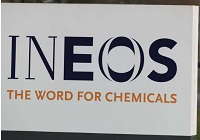
-Will recycled plastics survive tanking oil prices?
It seems an impossible situation. Some of the world’s largest corporations promised to quickly slash their use of virgin plastic packaging.
Yet the recycled material available to make bottles, bags and boxes has become harder to find and more expensive. Petrochemicals Enzymes Graphene News
Markets already jagged from COVID-19 saw the price of crude oil drop below zero for the first time April 20, which also dragged down the value of virgin plastics.
In the last three months, pricing nose-dived by 42 percent for high-density polyethylene HDPE) used in laundry bottles, by 43 percent for polypropylene used in yogurt tubs and by 14 percent for PET used in water bottles, according to RecyclingMarkets.net.
Post-consumer recycled plastics look about as budget-friendly as diamonds next to cubic zirconia.
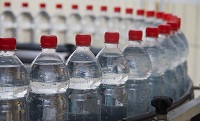
-Faster, More-Efficient Chemical Recycling Process Keeps Bioplastics in the Mix
Bioplastics have always been the fly in the ointment when it comes to recycling, as PET recyclers fear the inadvertent addition of polylactic acid (PLA) in the mix, which ruins the whole batch.
Today, scientist at the universities of Birmingham and Bath in Great Britain have announced the development of a chemical recycling method that not only speeds up the process but can convert the output into a biodegradable solvent that can be sold for use in variety of industries, including cosmetics and pharmaceuticals.

-Rubber made from waste opens door to sustainable production
A recyclable rubber material made from waste has been developed by a team of researchers spearheaded in South Australia.
The new material is also able to be easily repaired, offering a sustainable solution to rubber manufacturing, which has traditionally been resource intensive and resulted in huge amounts of landfill at end of life. Petrochemicals Enzymes Graphene News
Flinders University Associate Professor Justin Chalker has been developing materials made from waste cooking oil and sulphur for several years with other products including a polymer that can that can soak up oil spills and a mercury and cyanide-free method of precious metal extraction and recovery.
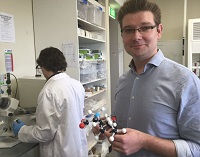
Petrochemicals Enzymes Graphene News
